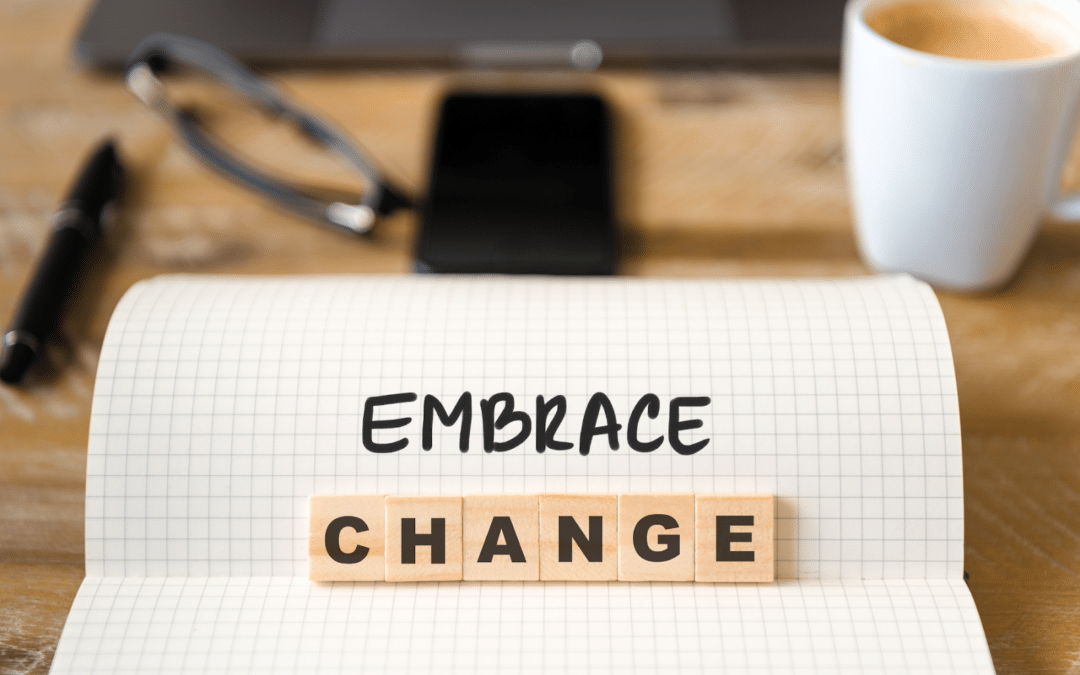I like change. I started my work life in one practice and after fifteen years, I left and started my own practice. I constantly changed and adapted things in my office, opened a second location, started and led a 400-pediatrician clinically integrated network, and yet when I decided to step back and live a life full of consulting and coaching I found it a little strange.
Being a pediatrician was natural for me. Problems presented themselves either in the exam rooms with patients or in the processes of the office and solving them was my jam. Life after practice was different. I had to completely structure my time, I had to create the to-do lists and figure out what needed to be done—out of thin air it seemed. Apparently, I wasn’t the ‘self-starter’ I thought I was!
In a new environment working with people in marketing, HR, and pharma, I had to learn a new vocabulary and how to work as a team member in ways I hadn’t before. Although I was hired as an ‘expert,’ I wasn’t always expected to act as one. And accustomed to being in charge, I wasn’t the boss anymore. Becoming a team member, rather than a team leader, was a tricky transition and often a clumsy one. Sometimes acting as an ‘expert’ in a meeting (even when I was the one with the expertise), for example, meant making the TEAM look bad.
It was humbling to discover that even though I had plenty of medical knowledge and business leadership experience, I had a lot to learn.
Good thing I like change. I dug in.
First, I practiced time management skills; scheduling time for EVERYTHING initially to make sure I didn’t fritter away the day on social media when I was unsure where to start. I scheduled time for learning the new skills I needed by name: work on project management skills through an online course at 1 pm, and mindfulness practice from 2-2:15 focusing on patience so when I wanted to jump in and give my opinion in a meeting I would pause, and so on.
I also worked on how I talked to myself when I was struggling. I realized I was being harsh at times as I made mistakes or wasted time. Days were going by with little accomplished it seemed and I was frustrated with myself. So every day, especially when things were going well, I practiced so that when I needed my ‘good self-talk’ it would be easier. Rather than say to myself, ‘Ugh, how stupid’ or ‘There you go again’ I started saying ‘Just pick one thing and start, you can do that’ or ‘You’re making progress, keep going’.
Feedback from my new coworkers was important for me as well. I needed to change how I presented information in meetings, learn the nuances of the corporate relationships between the clients, and understand the unspoken assumptions when work was cascaded to me. The point person for each consulting job agreed to meet regularly to go over goals, performance, and give me concrete guidance. This was critical in my growth.
Slowly with the structured days (everything scheduled: including structured downtime), improved headspace, and concrete feedback, my days got easier and more purposeful. After a while, I didn’t need the to-the-minute schedule most of the time but employed it when I wanted to get back on track.
As a coach, helping people explore their own attitudes about change is essential to making transitions smoother. Some people embrace change while others resist it. Mindset tools, self-exploration to understand and manage emotions around change, as well as asking for support and feedback are some of the keys to making transitions in life successful.
Blog written by Molly O’Shea, MD

